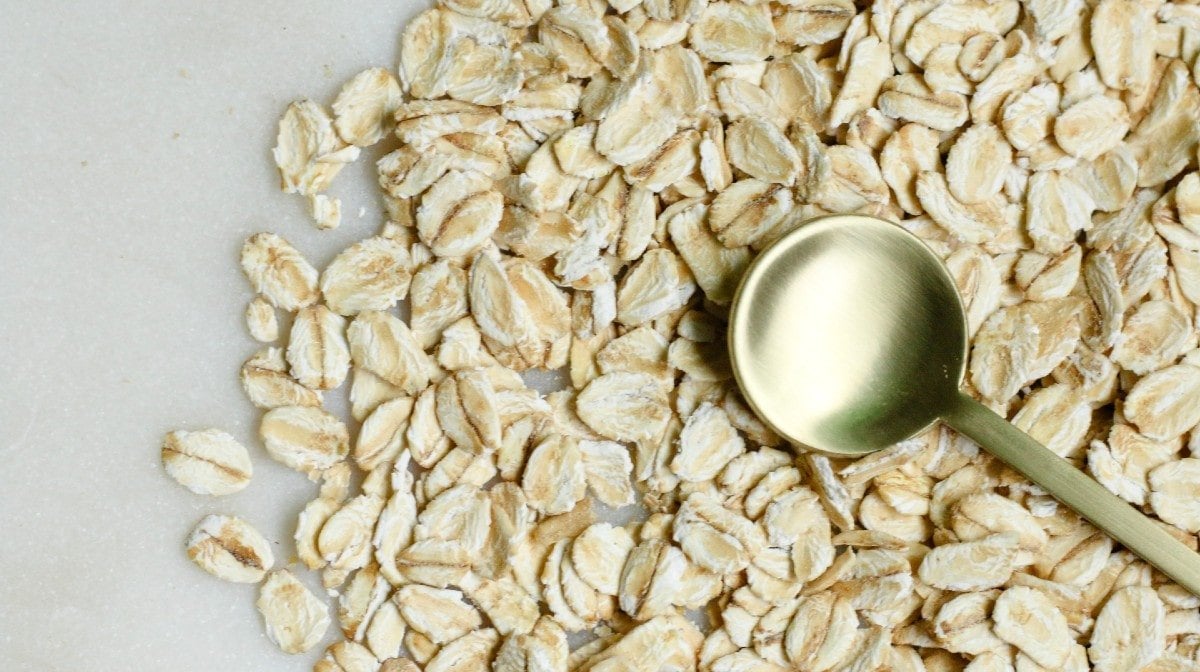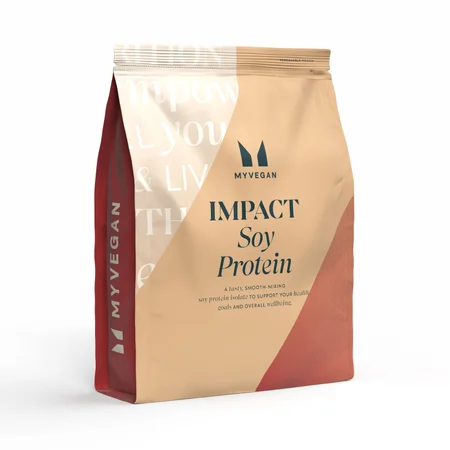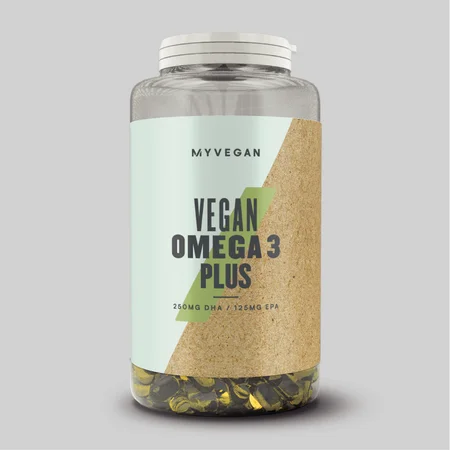Oat Milk | What Is It? What Are Its Benefits? Should You Be Drinking It?

- What is oat milk?
- The nutrients in oat milk.
- Oat milk macros.
- Oat milk micronutrients.
- Health benefits of oat milk.
- Are there any negatives of oat milk?

What is Oat Milk?
Oat milk is one of the latest substitutes for cow’s milk. Because it is made from a grain, it is dairy free and vegan friendly. Oat milk is made from soaking steel-cut or whole groats (think unprocessed oats) in water, blending, and straining out the resulting liquid. While nut milks are made in a similar way, oats are more soluble and absorb more water - when the mixture is strained, more of the nutrients from the oats remain in the milk than similarly processed nut milks.
Because oats are such a nutritional powerhouse, oat milk contains protein, fibre, and vitamins and minerals. While some of the nutrients are left behind in the solid pulp that is created from blending and straining the oats, soluble fibre remains, containing beta-glucan. Oat milk contains B vitamins and is often fortified with vitamins A & D, calcium, and iron (in addition to the amount that naturally occurs in oats).
The Nutrients in Oat Milk
Oat milk is rich in both macro and micronutrients. While the nutrition profiles vary between flavours and companies, according to PlanetOat.com, their original oat milk contains 90 calories, 2 grams of fibre, and vitamins A, B12, D, calcium, iron, and potassium.
Oat Milk Macros
| Macro (1 cup Planet Oat original milk) | Amount |
| Carbs | 19g |
| Fat | 1.5g |
| Protein | 2g |
Oat Milk Micronutrients
| Micronutrient (1 cup Planet Oat original milk) | Amount |
| Fiber | 2g |
| Vitamin D | 4mcg |
| Calcium | 350mg |
| Iron | 0.3mg |
| Potassium | 400mg |
| Vitamin A | 180mcg |
| Vitamin B12 | 0.2mcg |
Health Benefits of Oat Milk
The health benefits of oat milk make it a great addition to any healthy diet plan.
It is vegan and low in allergens
Not only is oat milk dairy and lactose free, it also contains no soy, peanut or tree nut allergens, which are very common in many other alternative milks. It is also often gluten free; however, this depends on the way the oats are processed, which is an opportunity for some cross contamination from other grains that contain gluten, so always be sure to double check if you have a gluten intolerance.
It is nutritious
Not only is it a good source of B vitamins (due to its whole grain origin), most oat milks also contain added vitamins A, D, and calcium. These nutrients are essential for many of the body’s processes. Oat milk also contains more fibre and protein than similar nut or rice milks.
It can support a healthy heart and metabolism
Oats are known for their fibre content, which can help lower cholesterol.1 Beta glucan is a soluble fibre that is preserved in the processing of oat milk, making it a heart-healthy alternative that is unique among other non-dairy milks. Beta-glucan can also support healthy blood sugar levels, boost immunity, and help maintain body weight.1
It is good for bone health
Although the calcium in oat milk is added in, it is important to choose a milk-alternative that supports bone health. The additional Vitamins A and D also support healthy bone metabolism.2 While vegans or those with lactose intolerances might have once missed out on these nutrients, oat milk provides well rounded nutrition no matter your dietary needs.

Are there any Negatives of Oat Milk?
The potential negatives of oat milk are few, but worth considering.
Calories and carbs: oat milk is higher in calories than almond milk or some other alternative milks. This is only a negative if you are limiting your carbs and calories - both are essential for muscle growth and recovery. Added sugar: many varieties of store-bought oat milks have added sugars for flavour. You could make your own at home without sweetener, but then you would miss out on the fortified vitamins and minerals.Potential gluten: based on the type of oats and processing in the oat milk you choose, it may or may not be gluten free. If gluten is important for you to avoid, make sure you read the labels carefully. Cost: because oat milk is gaining popularity, it may be more costly than some other shelf-stable non-dairy milks.
Take Home Message
So is oat milk good for you? If you’re looking for a healthy alternative to cow’s milk, oat milk is a great creamy option.
While there are many kinds on the market, look for a choice with minimal added sugar and adequate calcium and vitamins. It can support overall health and provide a boost of fibre and macros in your shakes and smoothies.

Claire is a Registered Dietitian through the Academy of Nutrition and Dietetics and a board-certified Health and Wellness Coach through the International Consortium for Health and Wellness Coaching. She has a Bachelor of Science in Biology and a Master’s degree in Clinical Dietetics and Nutrition from the University of Pittsburgh.
Talking and writing about food and fitness is at the heart of Claire’s ethos as she loves to use her experience to help others meet their health and wellness goals.
Claire is also a certified indoor cycling instructor and loves the mental and physical boost she gets from regular runs and yoga classes. When she’s not keeping fit herself, she’s cheering on her hometown’s sports teams in Pittsburgh, or cooking for her family in the kitchen.
Find out more about Claire’s experience here.
- Daou, C., & Zhang, H. (2012). Oat beta‐glucan: its role in health promotion and prevention of diseases. Comprehensive reviews in food science and food safety, 11(4), 355-365.
- Ilich, J. Z., & Kerstetter, J. E. (2000). Nutrition in bone health revisited: a story beyond calcium. Journal of the American college of nutrition, 19(6), 715-737.









